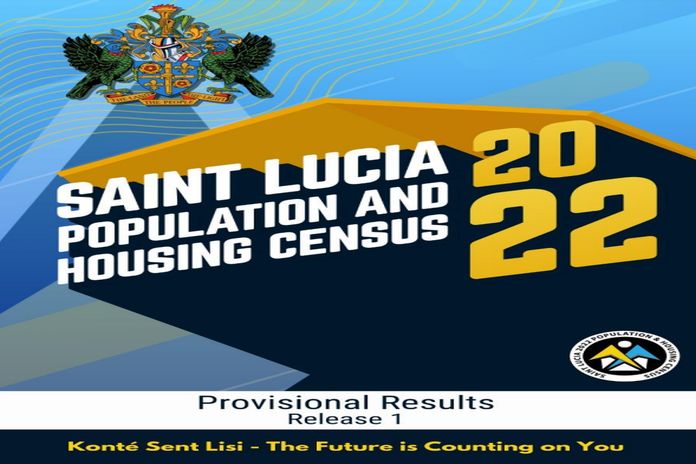CASTRIES, St Lucia – The 2022 Population and Housing Census marks a significant milestone in the Central Statistical Office’s (CSO) ongoing statistical activities in unraveling the demographic, social, and economic dynamics of our small island developing state (SID).
Conducting a population and housing census (PHC) is a comprehensive, complex, and costly statistical undertaking to provide a snapshot of a country’s population distribution at a specific point in time. Census data serves as a benchmark for a country’s demographic statistics, from the national level down to the smallest statistical geographical unit, the “enumeration block” (EB).
The 2022 census was the first by the CSO to use the Computer Assisted Personal Interview (CAPI) approach, transitioning from the Paper Assisted Personal Interview (PAPI) method. Preparations began in 2019, guided by recommendations from the UN ECLAC User Guide for Population and Housing Censuses – Rev 3. The COVID-19 pandemic interrupted critical components of the preparatory phase, leading to a twelve-month hiatus of all census activities. Despite these challenges, with additional resources from the government of Saint Lucia, the CSO was able to meet the revised timeline for the completion of the census activities.
Stakeholders and international partners can be assured that the 2022 census was designed using international best practices adapted to reflect the unique characteristics and requirements of Saint Lucia. This involved extensive training for census personnel, deployment of innovative data collection methods using the World Bank’s data collection software “Survey Solutions” on Tablet PCs, and engagement with communities across the island to ensure comprehensive coverage and data accuracy. This publication is the first in a series of subsequent thematic releases of the 2022 PHC report. The results in this report detail population size and structure by communities, annual population growth rates, and population density. The census tables in this document are CARICOM Regional Census Strategy – 2020 Round of Population compliant and conform with the recommendations for the publication of census tables for the Caribbean region.
The statistics department is delighted to provide the census information that we believe is crucial for effective data-driven governance and equitable resource distribution, and to support informed decision-making in policy, economic planning, and social services. Hyperlinks are provided in this document for easy navigation of the pages of this report, comments are welcome.
Sean C. Mathurin
Director of Statistics

